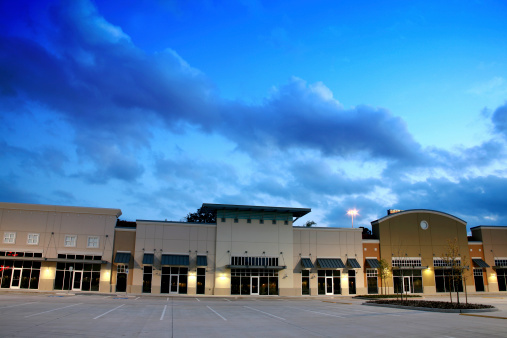As most retail stores remain closed throughout much of the United States under government “shelter in place” orders to stem the spread of the novel coronavirus disease, COVID-19, retail landlords are receiving numerous requests for rent relief, announced The Lamy Group, an international financial management consulting firm specializing in retail and commercial real estate. The firm reports receiving a record number of requests for guidance in recent days. As the first week of April approaches, rents are due for the first time during the crisis.
“Landlords realize steps must be taken now to proactively work with their tenant partners, but also be mindful of the impacts of reducing the revenues needed for mortgage and utility payments, along with security and ongoing maintenance expenses,” said Kenneth S. Lamy, founder, president and CEO of The Lamy Group.
The Lamy Group has evaluated rent relief for retail landlords for decades, but this is the largest number of tenant requests Lamy has seen coming in such a short period, even including the 2008 economic downturn. The situation will deteriorate further if stores and restaurants remain closed through much of April, greatly affecting their ability to pay their April and May rents.
“This will begin a critical test for landlords and retail tenants alike. In many cases, the monthly minimum rent is directly transferred from the tenants’ bank accounts to landlords automatically, which will give early indication for how tenants are responding,” Lamy continued. “It is anybody’s guess as to how many rents will be paid in full and on time, because tenants are receiving little to no revenue from reduced operating hours or establishments entirely shuttered. Our landlord clients are starting to address requests to abate or defer rent, given that tenants are struggling to fulfill their obligations.”
Many retail and restaurant tenants believe that rents are automatically forgiven for the periods in which shopping center owners closed the shopping center at will, or when government entities require nonessential stores to close temporarily or restaurants to reduce service to takeout and delivery. However, most lease provisions generally do not relieve a tenant of rent obligations merely because the store was compelled to close, said Lamy. Nearly every retail lease has a provision called force majeure (also known as an act of God or unanticipated event clause), which allows for some contractual nonmonetary obligations to be excused if an event such as hurricane damage or, in this case, government restrictions make it impossible for the landlord and tenant to perform their respective obligations under the lease. In most cases, force majeure provisions do not necessarily address rent relief.








